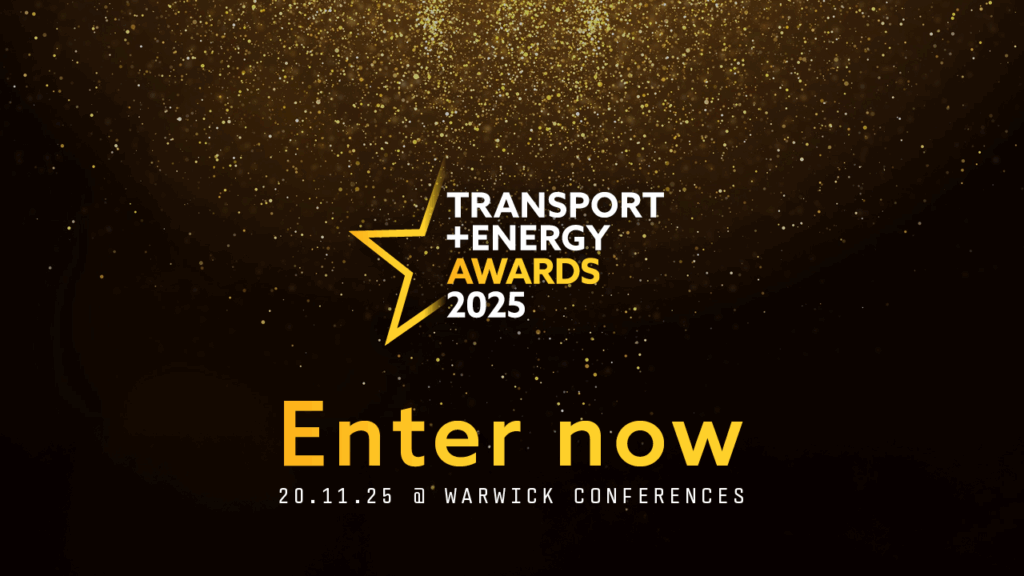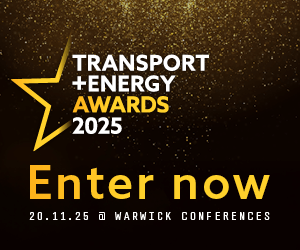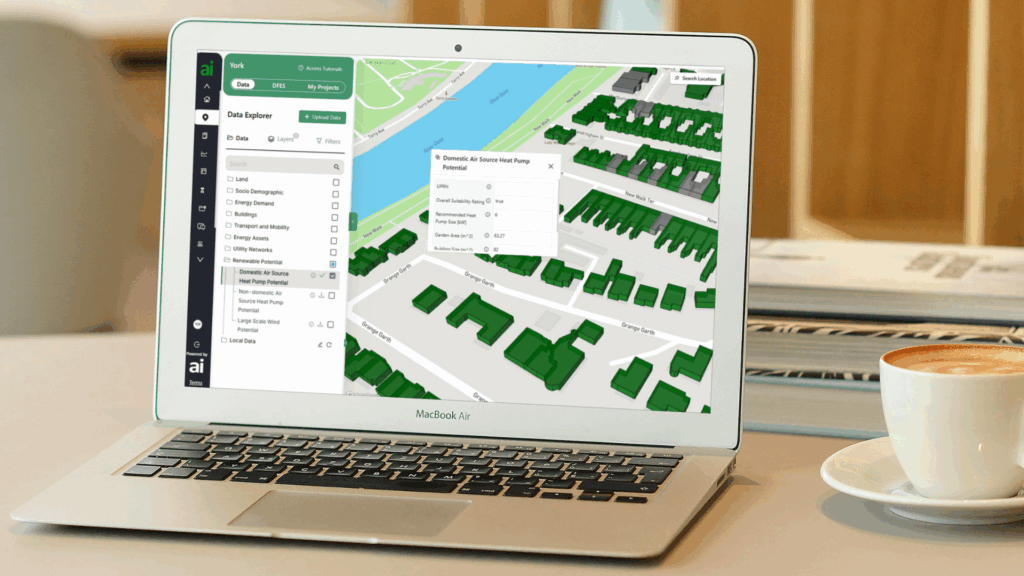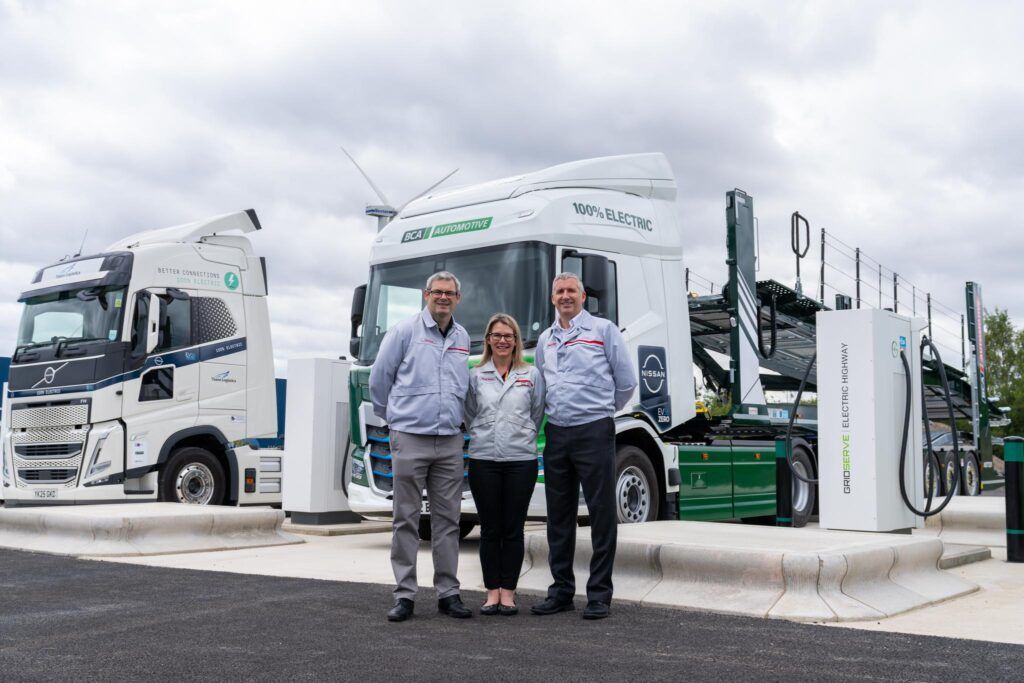On Clean Air Day, Polly Billington – Chief Executive of UK100 – outlines the importance of aligning air quality action and climate action to save lives and money.
Launched in 2017 as a campaign to raise awareness of and accelerate action on the air quality crisis in the UK, Clean Air Day marks its fifth anniversary this week.
One in two people has now heard of Clean Air Day and understands that air pollution is linked to more than 30,000 avoidable deaths annually in the UK.
Getting people talking about a crisis largely, but not exclusively, linked to the transport and energy sectors is one thing. Solving it another.
UK100’s new report, Yes We CANZ: Local leaders delivering Clean Air and Net Zero, argues that any solution must acknowledge that action on air quality and the climate crisis are inexorably linked.
For the best example of the link between climate action and air pollution, we need to look back at our love affair with diesel. Countries across Europe heavily promoted diesel vehicles as a “climate-friendly option” owing to improved fuel efficiency and reduced carbon emissions. But little consideration was given to the increased emissions of toxic air pollution.
Even before the “dieselgate” scandal blew apart the climate-friendly argument, the toxic air impacts of separating clean air and climate policies had already contributed to the deadly pollution crisis we are still trying to clean up decades later.
Clean Air Net Zero (CANZ), the concept introduced in our new report, is about learning from our past mistakes. The message at its heart is that clean air and climate policies need to be aligned. As a network of ambitious local authorities committed to Net Zero and clean air action, our report focuses on what local and regional leaders can do to embrace the opportunities offered by a CANZ approach.
Local leaders are the most trusted and best placed to deliver cost-effective and impactful action. That is not just our experience, it is consistently shown in reports, like the latest from the PwC, and recognised by the Government.
Ultimately, local leaders are the key because Cornwall is as distinct from Cambridgeshire as Birmingham and Leeds are different. Effective action to accelerate Net Zero while tackling the air pollution crisis should reflect that diversity.
What CANZ be done?
But that’s not to say that we don’t see the same opportunities for action across towns and cities all over the UK. In fact, Yes We CANZ: Local leaders delivering Clean Air and Net Zero identifies four key “win-win” actions that local leaders across the country can adopt to align and advance both agendas. Two of which are linked directly to transport and energy.
Win-win 1: Transport modal shift
Here, “modal shift” is a synonym for “sustainable transport planning” or encouraging more people out of their cars by promoting and improving public transport while investing in infrastructure to boost walking and cycling.
It is a win-win because, as we saw throughout the pandemic — when restrictions forced people out of their cars — reducing the number of vehicles on our roads slashes carbon emissions and primary air pollutants.
And we are already seeing local authorities adopting this CANZ approach to transport, like Birmingham City Council’s ambitious Transport Plan. Driven by the need to reduce carbon emissions, the plan also seeks to reduce health inequalities and put air quality front and centre of policy making.
Win-win 2: Energy efficiency and clean heating and cooking
While the air pollution impacts of road vehicles is firmly on the agenda, the toxic air impacts of gas cookers and boilers make fewer headlines. Yet gas-powered heating and cooking is a growing concern as effective action against road emissions increasingly exposes it as a significant and stubborn source of toxic air.
Meanwhile, fossil-fuelled heating and cooking in our homes account for more than 14% of UK carbon emissions.
Therefore, accelerating measures to cut heating demand through insulation and energy efficiency alongside switching to clean heating systems would deliver significant progress towards Net Zero and improve air quality — while reducing fuel poverty and creating green jobs.
A third win-win urges a locally-led sustainable farming transition to reduce agricultural ammonia emissions.
And the final win-win is a plea to make air quality and greenhouse gas emissions data more transparent and accessible so residents can make informed choices and hold their representatives accountable.
Summit positive on the horizon
While wood is the traditional gift, on the fifth anniversary of Clean Air Day this year, CANZ is our present to local and regional leaders across the UK.
To ensure CANZ is the gift that keeps on giving, local and regional leaders need the Government to step up its ambitions on and support for local authority action on clean air and Net Zero.
What that support should look like will be on the agenda at next month’s flagship clean air and Net Zero local and regional leaders summit in Leeds, co-hosted by UK100, Tracy Brabin, Mayor of West Yorkshire, and the West Yorkshire Combined Authority.
Image courtesy of UK100.















